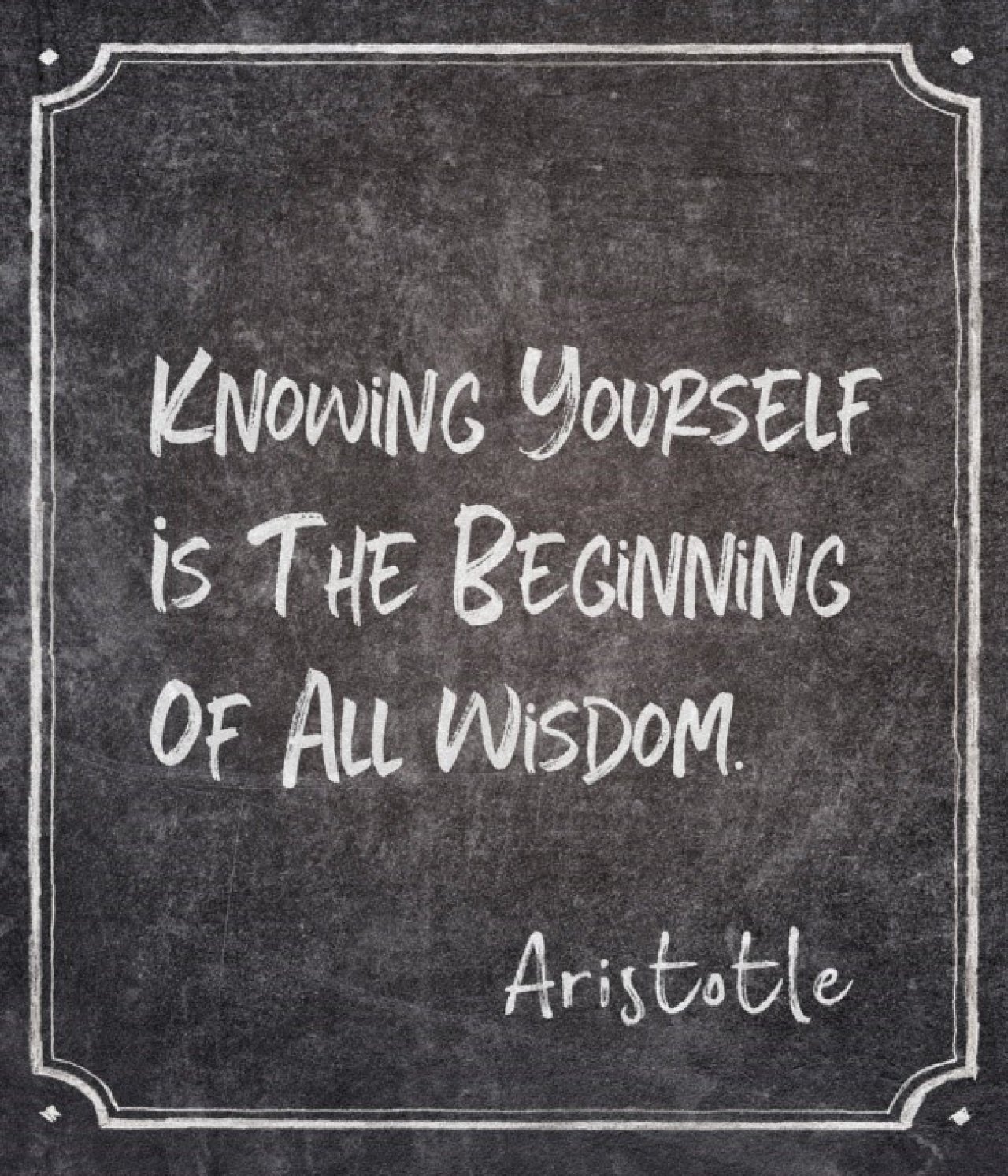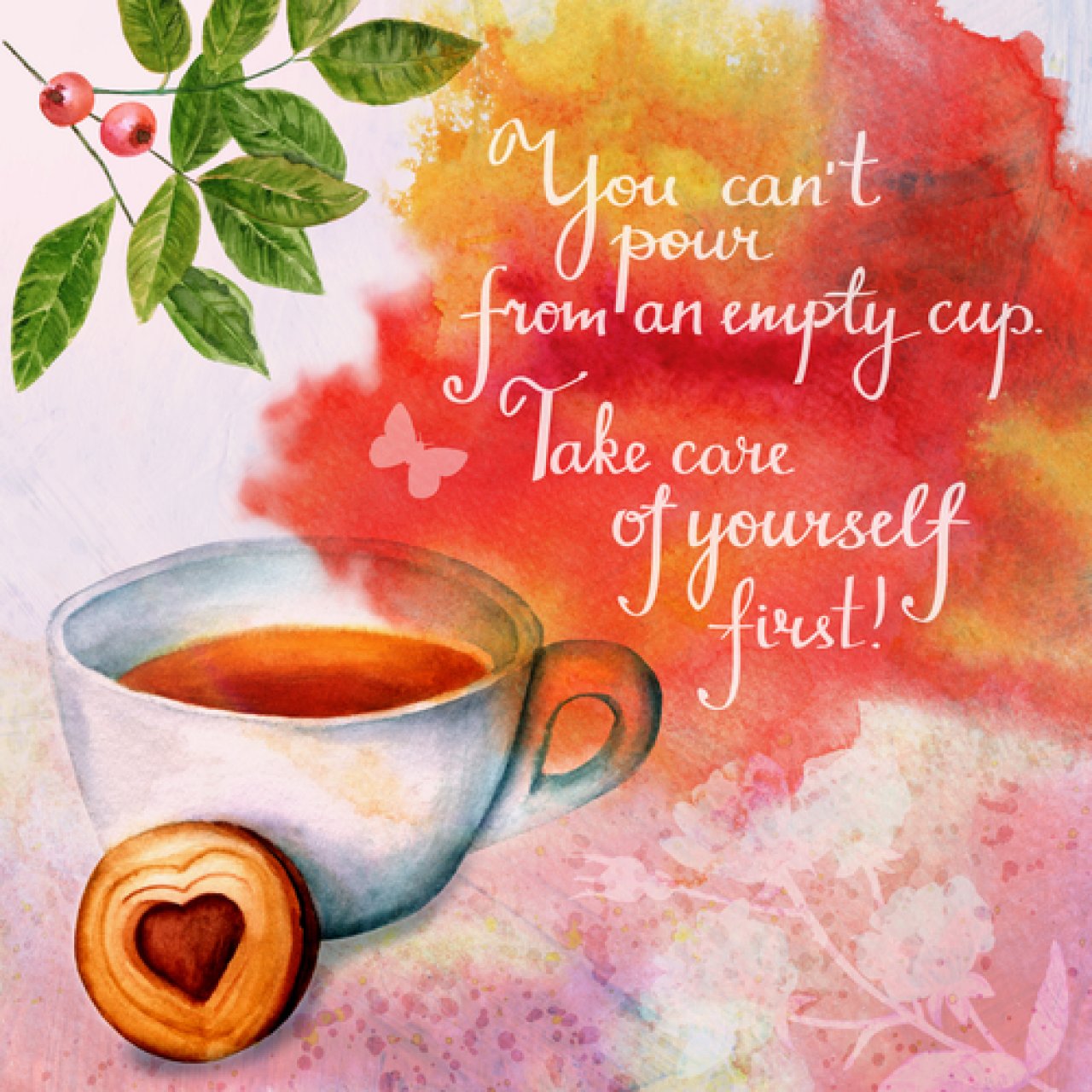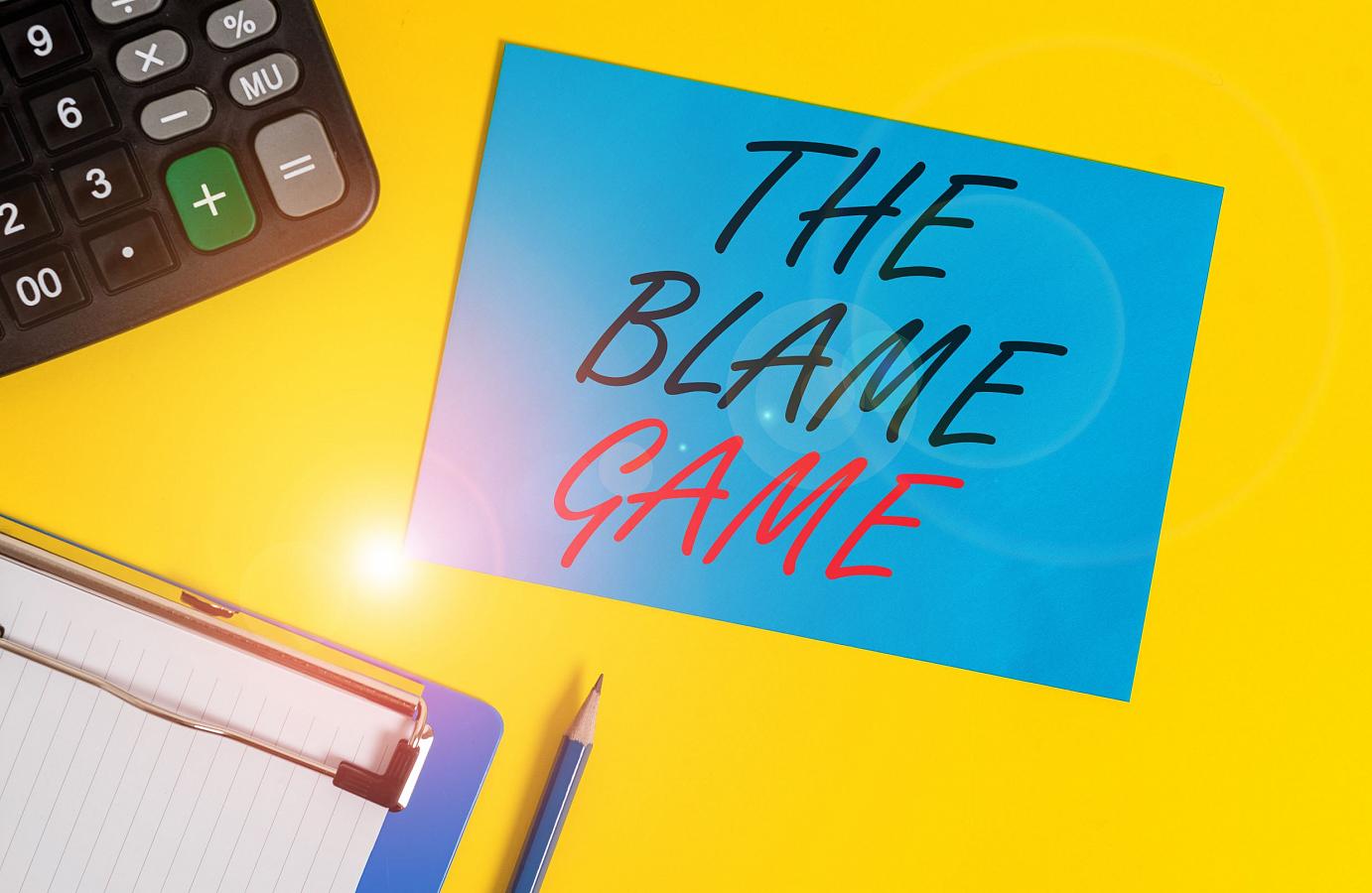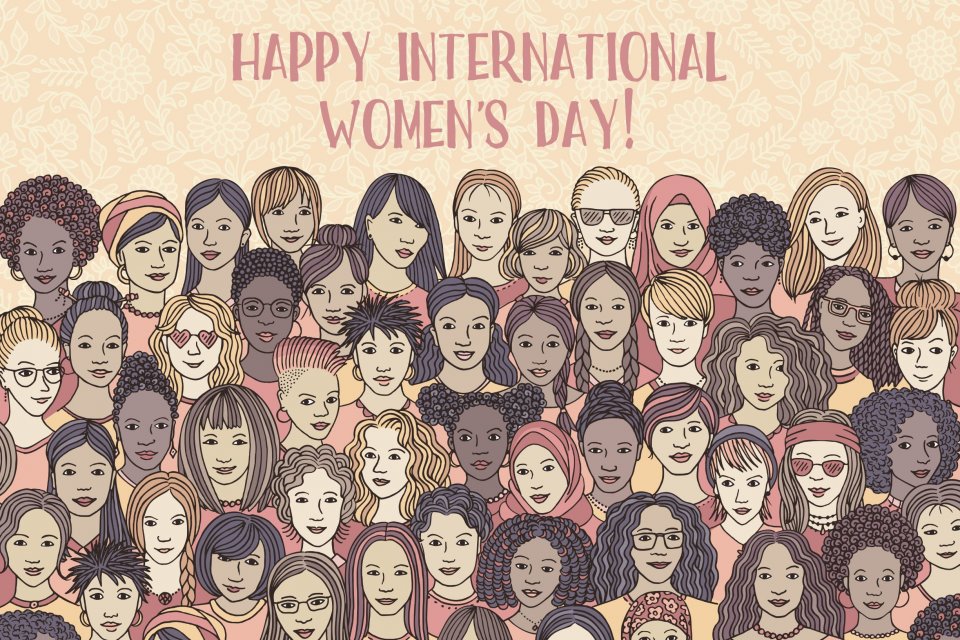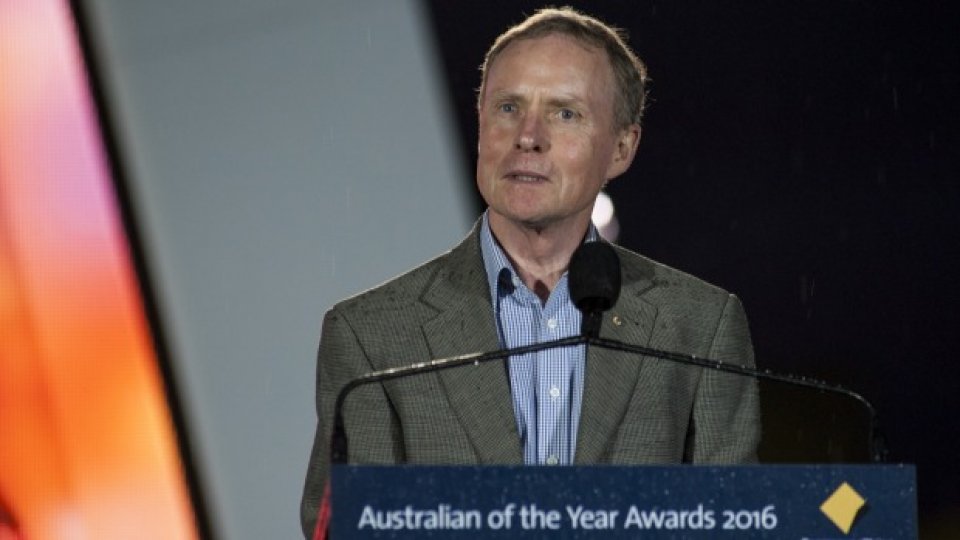
What I Have Learnt From David Morrison
Congratulations to David Morrison on being named Australian of the Year 2016. Many have seen this as a great choice given David’s public commitment to gender equality, even being called an “equality warrior”, while others in the media (and probably quietly in private conversations) have said it was a “politically correct” decision. I disagree with the latter.I know that David Morrison does care deeply about wounded soldiers; those suffering from PTSD; he loves the soldiers, male and female; and can care about all these things simultaneously. He does not have to choose one over the other, unlike the suggestion by a journalist in one of today’s papers.
Unfortunately we continue to be a nation, which while “growing up” more rapidly, still suffers from the “Tall Poppy Syndrome.” Bryce Courtney once said to me some 20 years ago when we first met: “The problem with the Tall Poppy Syndrome, is that once you have cut down the tall poppies, all you are left with are the weeds.” Such a true observation!

I want to share what I have learnt from David Morrison’s leadership after working closely with him on various cultural transformation initiatives during his last two years as Chief of Army:
1. Ask for advice and opinions from a diverse group
I met with David Morrison in 2013, following the release of Elizabeth Broderick’s review into the treatment of women in the Australian Defence Force. He said: “We have a number of problems and need help,” to which I responded with: “Yes you do, and yes you need help.” He asked: “Can you help us?” I responded : “Only if you listen to me.” For only a split second he was slightly taken aback, then smiled and said: “You are right.” And so began our journey together.
2. Actively listenAs a leader, you need to be present, pay attention and actively listen to your people, advisors, mentors, clients or stakeholders. There is no point asking for advice or the opinions of others and ignoring it. People will soon realise it is just window dressing for doing what you want to do anyway. David would ask for my opinion on gender, cultural change, training programs, use of language in communiques, and genuinely listen. If he didn’t agree or understand, he would probe and ask questions until he was happy with the proposed outcome. Listening does not come naturally to people in power, especially men; they have to work at it, and David works hard at being a good listener.

3. Be open to change and challenging the status quo
I have enormous respect for the men and women in defence, and what they do every day here and abroad. They have traditions, policies, processes and a culture dating back more than 100 years, and making change has historically been met with “That’s the way we’ve always done things.” This makes introducing change and cultural reform very challenging, especially in an institution like the army. Once David had heard the stories of people who had experienced bullying, harassment and discrimination, something he had never experienced himself, he opened his mind (and heart) to the necessity for change. And he sought advice and assistance from those who had done it before in challenging environments. He spoke to other male and female leaders and CEOs, he joined the Male Champions of Change, and he challenged the status quo. He made cultural change part of his mission for his remaining term as Chief.
4. Be courageous, knowing not everyone will like what you do
It took courage to challenge everything from the existing values, traditions and behaviours, to even the language being used in communications and conversations. I have had the privilege of reviewing and editing non-classified documents for use of language, working with a team of army people across all ranks to create language to describe their Contract with the Nation and Values, in modern, meaningful language, understood and accepted by all. It takes courage to challenge “how we’ve always done things” and bring in a civilian with no military experience who questions what is said and done in relation to workplace behaviour and language.
5. Believe in yourself and be comfortable with who you are
Being comfortable with who you are is the essence of self-leadership and authenticity. David would say to me: “Once you have seen something that is not right, you cannot un-see it.”David knew that not everybody would like, or agree, with his revised vision and focus on improving gender equality and behaviour in his beloved army, but he knew it needed to change, and faster than previous changes. David has strong self-belief; surrounded himself with good people inside and outside the Army; and has an incredibly supportive family and wife. He also knows how important all this has been to his success, and acknowledged it in his acceptance speech on 25 January 2016.
For over a decade I have interviewed hundreds of leaders, male and female, from different industries, across four generations around the world, and written four books on leadership. As a result I have identified 12 key characteristics of effective, inspiring leaders, which have remained consistent, in good times and challenging times, and many of those are displayed by David.
Good luck for the year ahead David Morrison, and continue to speak boldly, honestly and openly, and be a voice for those who don’t have one. Thank you for the privilege of working with you – it’s been an honour.
@avrilhenry
